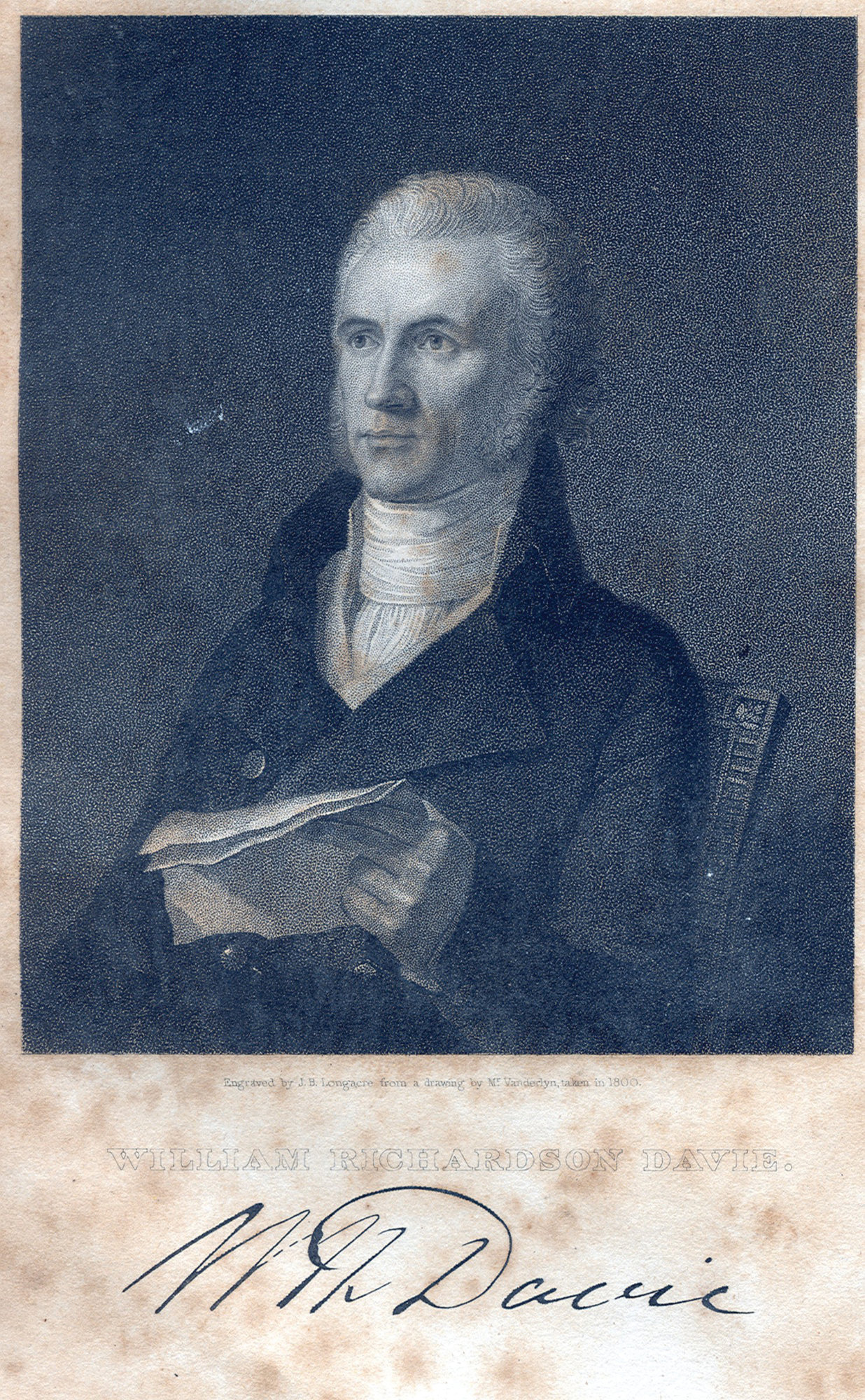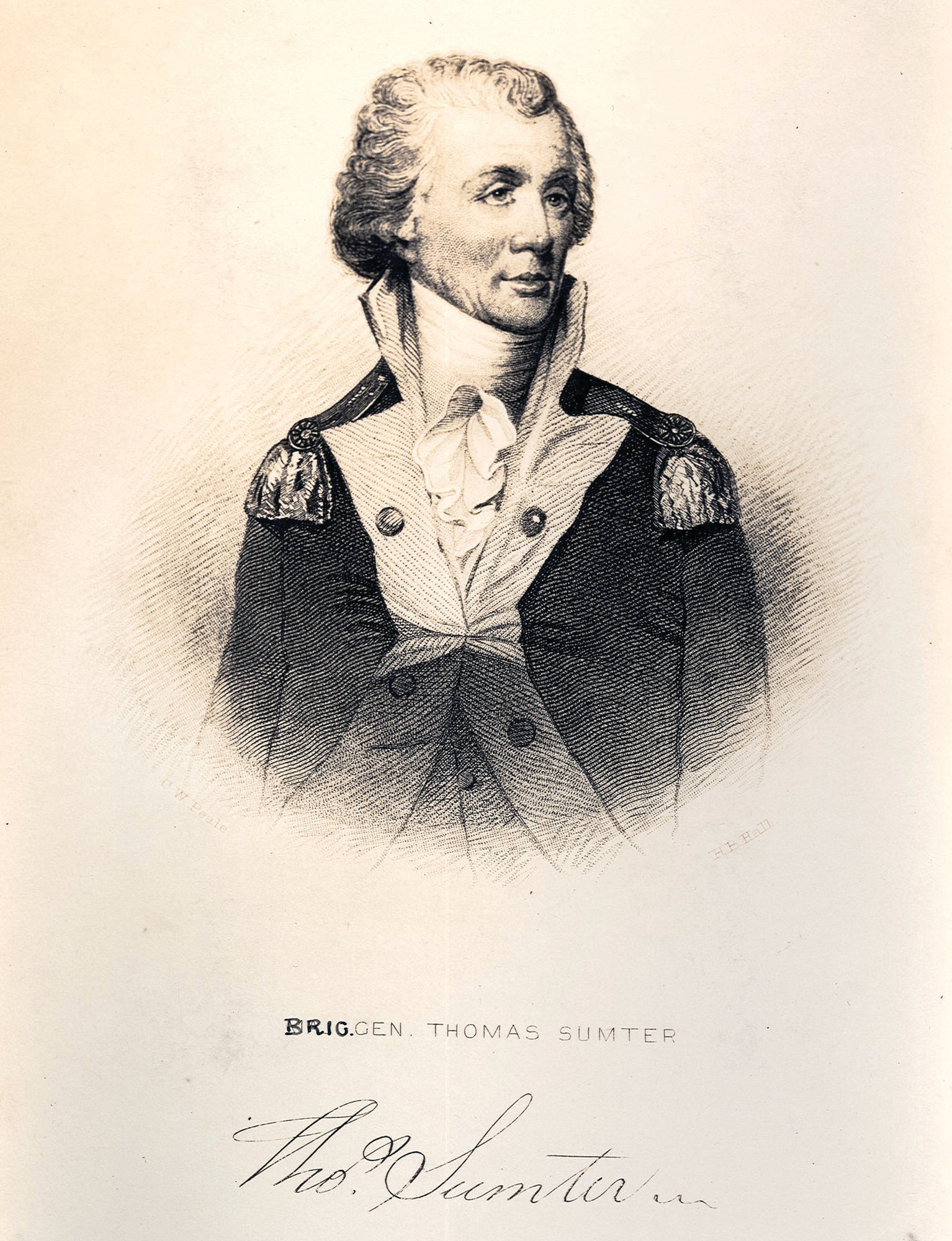THIS MONTH IN S.C. HISTORY: Aug. 6, 1780: Sumter's forces claim victory at Battle of Hanging Rock
After the British forced Benjamin Lincoln to surrender Charleston, they advanced into South Carolina's upcountry and on into North Carolina. In his book Partisans and Red Coats, Walter Edgar explains that Hanging Rock and Rocky Mount were major British strongholds on what was then the northern frontier. Hanging Rock, located in Lancaster County, is east of the Catawba River and served as a British outpost to protect the troops at Camden.
Maj. William Richardson Davie commanded a company of South Carolina Patriots camped near Hanging Rock. Maj. Robert Crawford and his young brothers-in-law, Robert and Andrew Jackson, joined Davie in July 1780. At the end of the month, these men raided the British camp at Hanging Rock, capturing supplies and inflicting several casualties. Col. Thomas Sumter followed this action with a full-scale attack on Aug. 6, 1780.
There were approximately 1,400 British and Loyalists under the command of Maj. John Carden at Hanging Rock. Sumter attacked in the morning, splitting his force of roughly 800 men into three units. Although they marched farther to the right than they intended, the Patriots managed to attack the weakest point of Carden's line, manned by Loyalists from North Carolina. When the North Carolina Volunteers fell back, Sumter's men were able to push through the line and move toward the British encampment. The British line attempted to close in on Sumter's troops, but the Patriots continued forward, pressing their advantage.
As Sumter's men entered the camp, the British rallied once again in defense. At this point, the opportunity to plunder the camp distracted most of the Americans. Sumter, informed that a force of British dragoons was approaching, opted to withdraw. While the battle was not a complete victory, it was a major setback for the British. The British lost 192 soldiers, and the Patriots lost 12 men with 41 wounded. The battle not only encouraged the Patriots to continue their fight, but it also weakened the British hold in the South.
While some have claimed that young Andrew Jackson fought in this battle, one of his biographers, Hendrik Booraem, believes that, at the age of 13, Jackson most likely stayed in a wooded ravine and tended to the horses. Booraem notes that Jackson did ride back to his cousin's home with the exhausted Patriot soldiers, and one of his relatives, Lt. Jim Crawford, was injured in the battle. As Walter Edgar states, Hanging Rock and the many other battles fought in the upcountry in 1780 were significant events in the American Revolution. Each of these skirmishes contributed to the ultimate defeat of Cornwallis' army.
More Articles to Read




